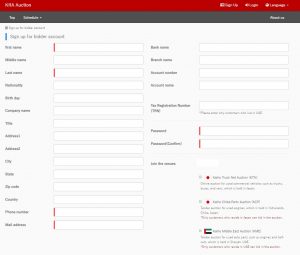【Low mileage engines】 How to find best suppliers?
When purchasing an used engine, it is very important to know the mileage and the condition quality. You may be wondering which supplier to choose to buy used engines with confidence.
Here’s how to identify suppliers that offer low mileage used engines.
If you are looking for a good supplier of used engines & used automobile parts, please take a look.
[toc]
First of all, we recommend a Japanese supplier!
If you want to get good quality used engines with low mileage, we recommend Japanese suppliers. That is to say, we recommend Japanese used engines. There are three main reasons.
Exhaustive Japanese vehicle inspection system
In Japan, the “Road Transport Vehicle Law” was enforced in 1951, and the vehicle inspection system began. Since then, the regulations have changed little by little, and the vehicle inspection period for private cars was set once every two years in 1973. (3 years only for new cars)
Vehicle inspections focus on the safety of vehicles and their impact on the environment. Safety standards are set for the car s safely, and the vehicle inspection analyzes whether it complies with it or not. In Japan, all registered vehicles are required to undergo an automobile inspection.
Thanks to such a strict vehicle inspection system, Japanese cars are in good condition and it is said that there are really few major accidents due to breakdowns. Also, even if it is an imported vehicle used in Japan, the “used car used in Japan” still very reliable and is became very popular after by many people from all over the world.
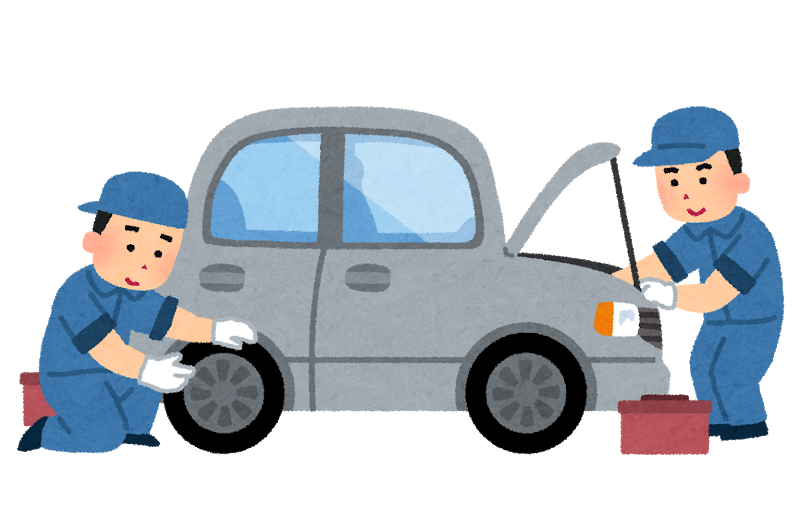
Well-developed infrastructure
The quality of the road surface in Japan is famous for being very good. In fact, Japanese expressways are tolls paid by users to cover road construction and maintenance costs. This keeps the road surface in good condition with good maintenance.
In addition, Japan’s pavement technology is at the top level in the world. Most of the roads in Japan are paved with asphalt. This asphalt pavement is soft and characterized by good running performance and quietness.
If the road surface is bad, the car will be damaged quickly and the frequency of parts replacement will increase.
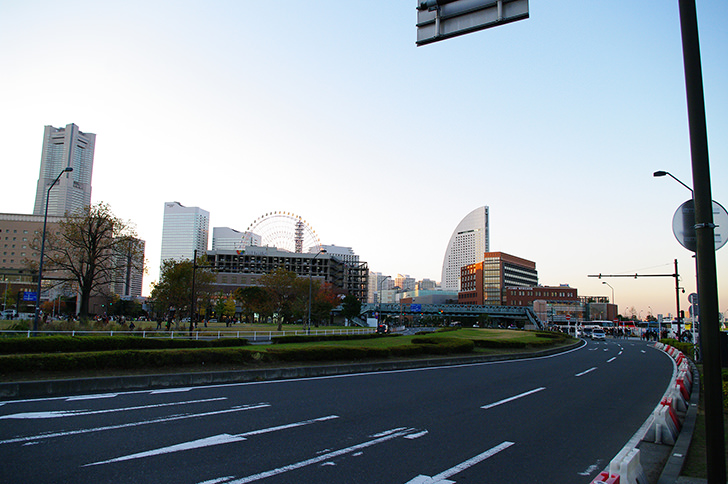
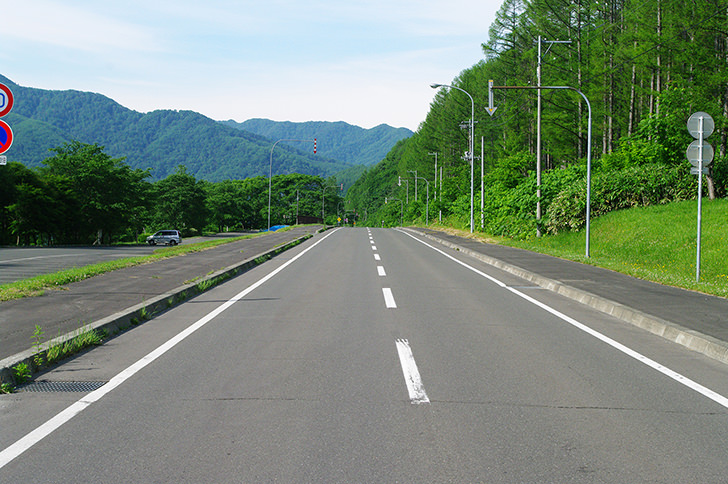
The way of being of the Japanese
Compared to the countries of the World, Japan has more advanced traffic maintenance and driving education. The rules for roads and automobiles are strict and detailed.
At driving schools and driver’s license renewal training, tehy will explain you how to take care of your car, so drivers able to maintain and care their cars naturally.
According to a survey about the frequency of oil changes, more than the 50% of the used said “once every 6 months” and about 30% was “once at year”.
In a survey asking about the frequency of car washes, about 50% of all drivers answered “more than once a month” and about 25% answered “once every two to three months”.
Also, it seems that there are few opportunities to drive long distances by car in Japan compared to overseas. In fact, some government-surveyed data show that rail or air is much more common than cars for long-distance travel over 300km.
The area of Japan itself is not that big … According to a Russian buyer, In Russia, some people travel a distance of 7,000 km, taking days by car.
So Japanese people are sensitive about car maintenance, tend to value their cars, and tend not to like long-distance driving, so it can be said that Japanese engines are less likely to be damaged than overseas ones.
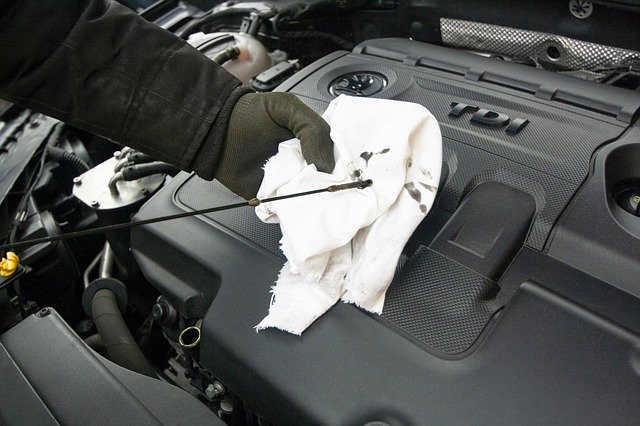
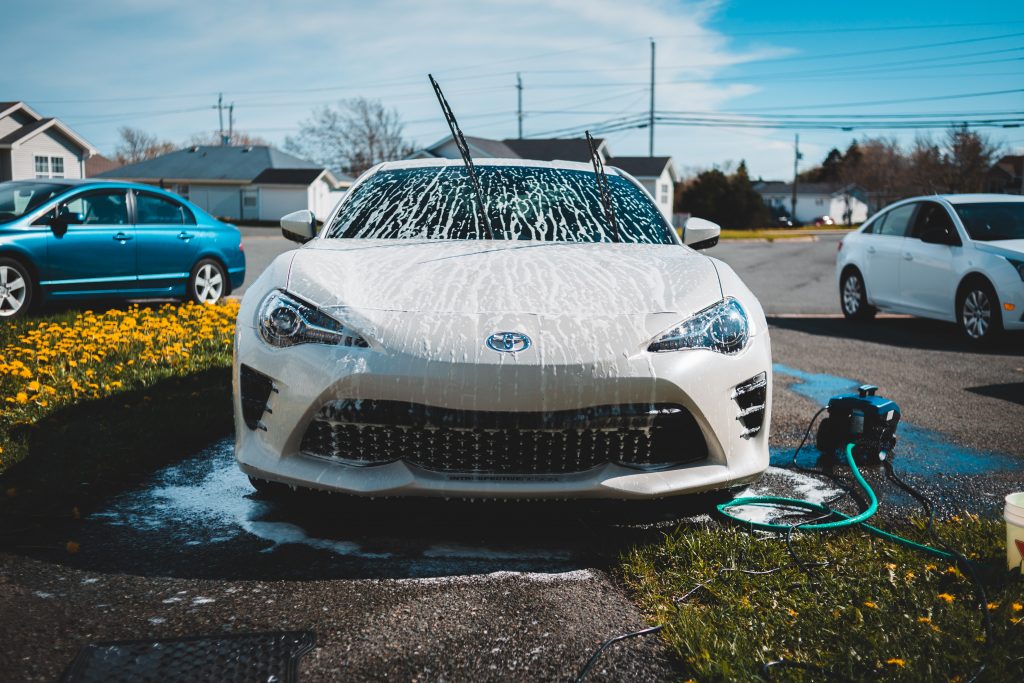
What to be careful about when choosing a supplier
We would like to introduce some important points to note when choosing a supplier.
We talk about choosing a supplier that has its own factory.
Some suppliers also have brokers. They resell engines purchased from outside so do not have their own factories, and provide each buyer with products of unknown traceability.
Brokers are familiar with trends and top sellers, so you may be able to get the engine you want from a broker at a low price. However, not having its own factory means that the broker sells the used engine that it has purchased without knowing the condition. Whether it is low mileage or good quality, this important information is unclear.
In that sense, suppliers with their own factories can rest assured. We check the condition of used engines at our own factory, and better vendors do their own engine inspections.
So how do you find out if a supplier has its own factory?
The easy way is to look at the vendor’s website. It would be safe if you could check the photos of the company building, the factory, their yard, etc.
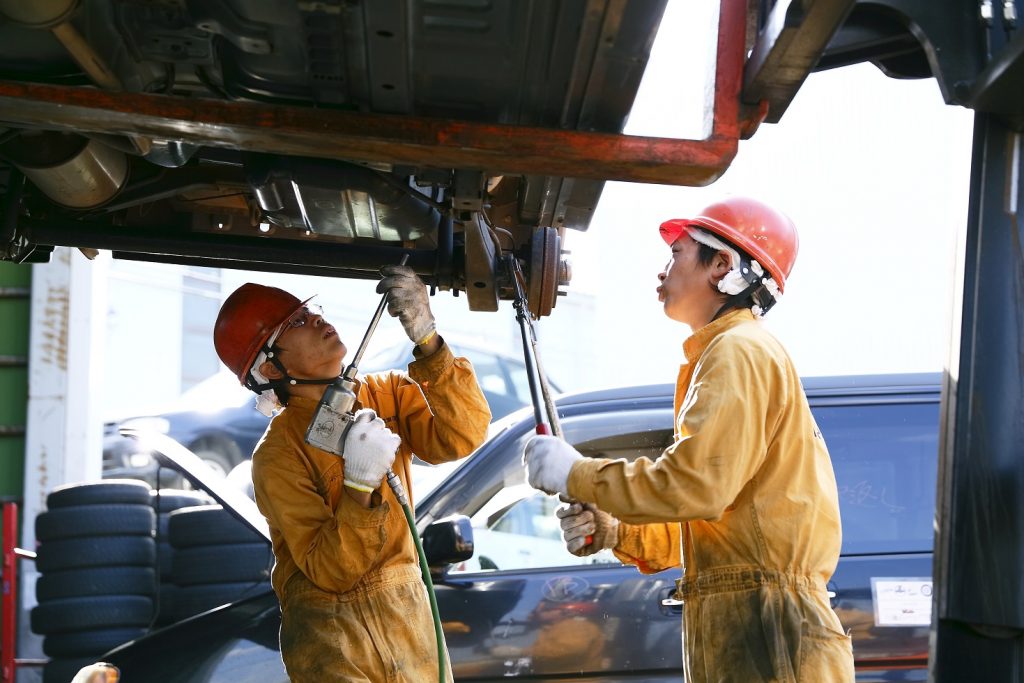
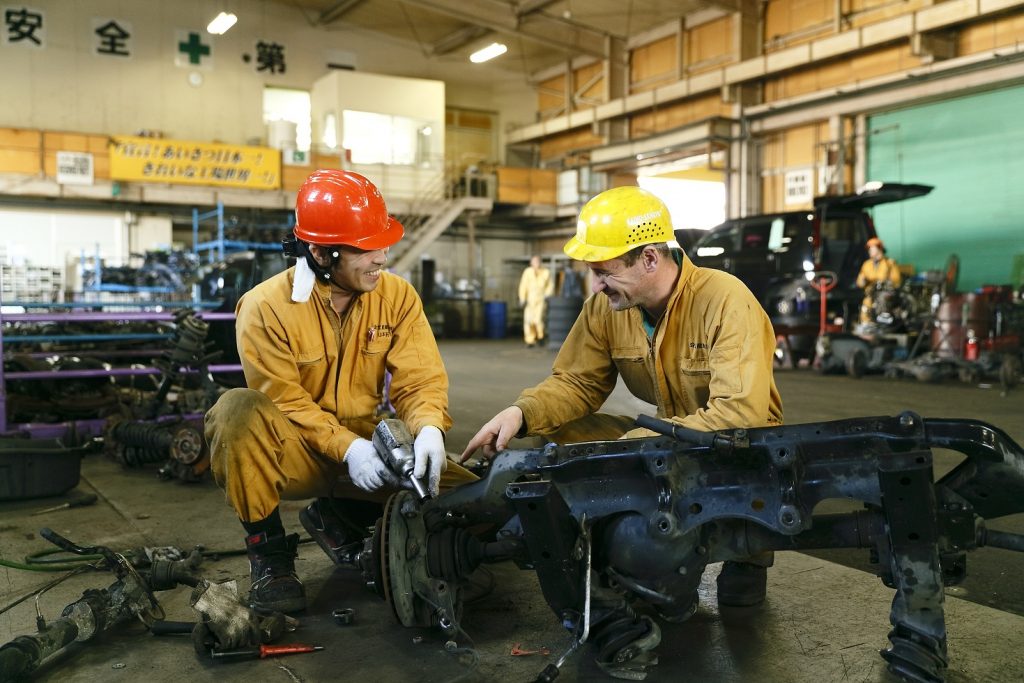
Kaiho Industry can collect high quality used engines from all over Japan!
Finally, we would like to introduce Kaiho Industry.
We are a supplier with our own factory.
We dismantle more than 12,000 cars annualy and keep more than 2,500 engines in our stock.
Japanese staff carefully dismantle your cars following your order and export about 600 containers in a year.
We have exported to 90 countries in the World over 52 years of our experiences.
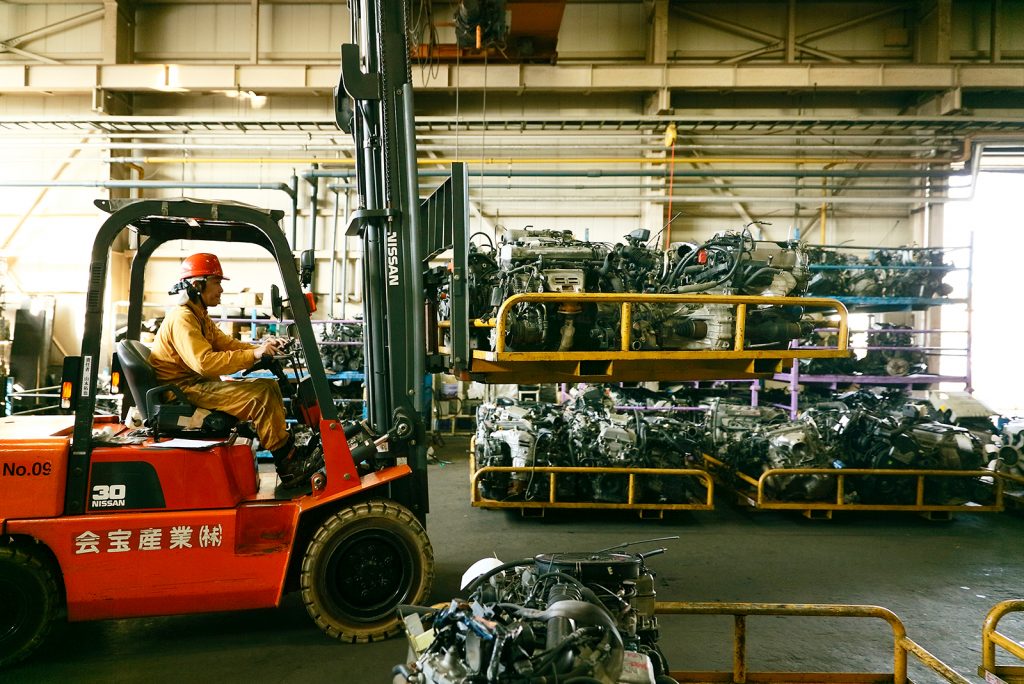
In addition, we have established our own standard called “JRS (Japan Reuse Standard)” to evaluate the quality of used engines.
JRS “certifies the condition by thoroughly inspecting the mileage, appearance, engine sludge, etc.”
JRS engine inspectors face about 8,000 engines annually. The professionals carefully identify the engine one by one and test the condition.
This gives you peace of mind and you can buy an used engine at a reasonable price.
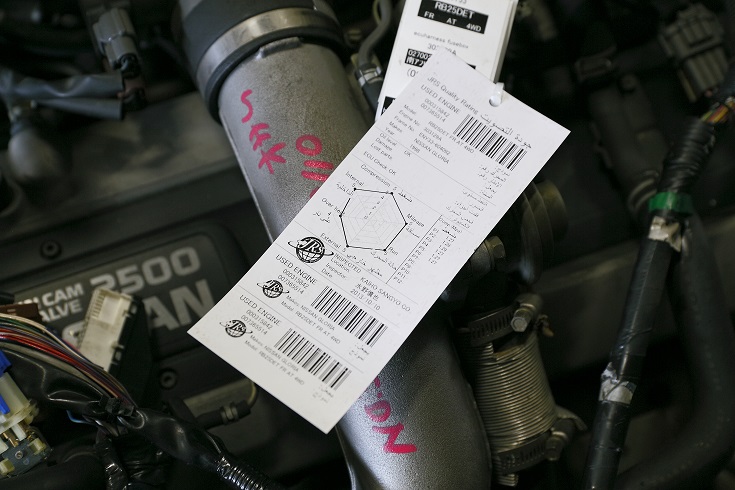
In addition, we have about 70 alliance companies in Japan, so we can quickly collect the desired products from all over Japan.
It can be difficult for you to find a suitable supplier in Japan, but don’t worry: from our approximately 70 alliance companies, let us introduce you to the right supplier!
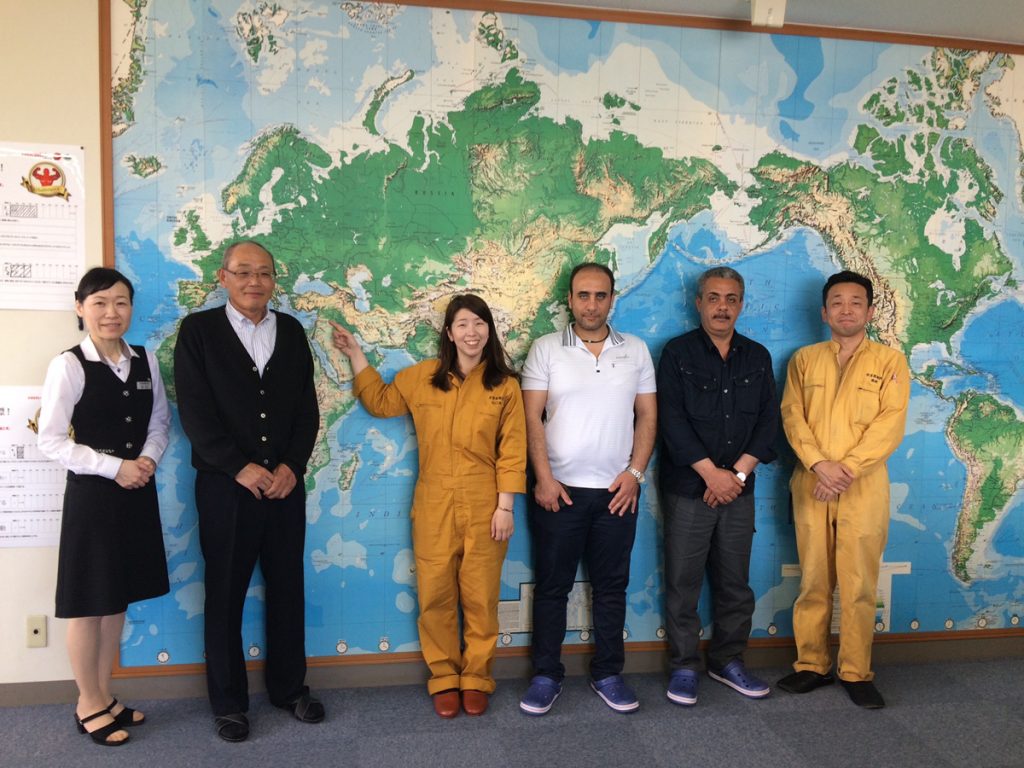
We will do our best to meet your needs.
Feel free to contact us from here
Click here for contact form
Related article
[Tested engines] All our engines are tested with our World-unique technical specification test: the JRS
[Kaiho Alliance] Our domestic recycling companies network


